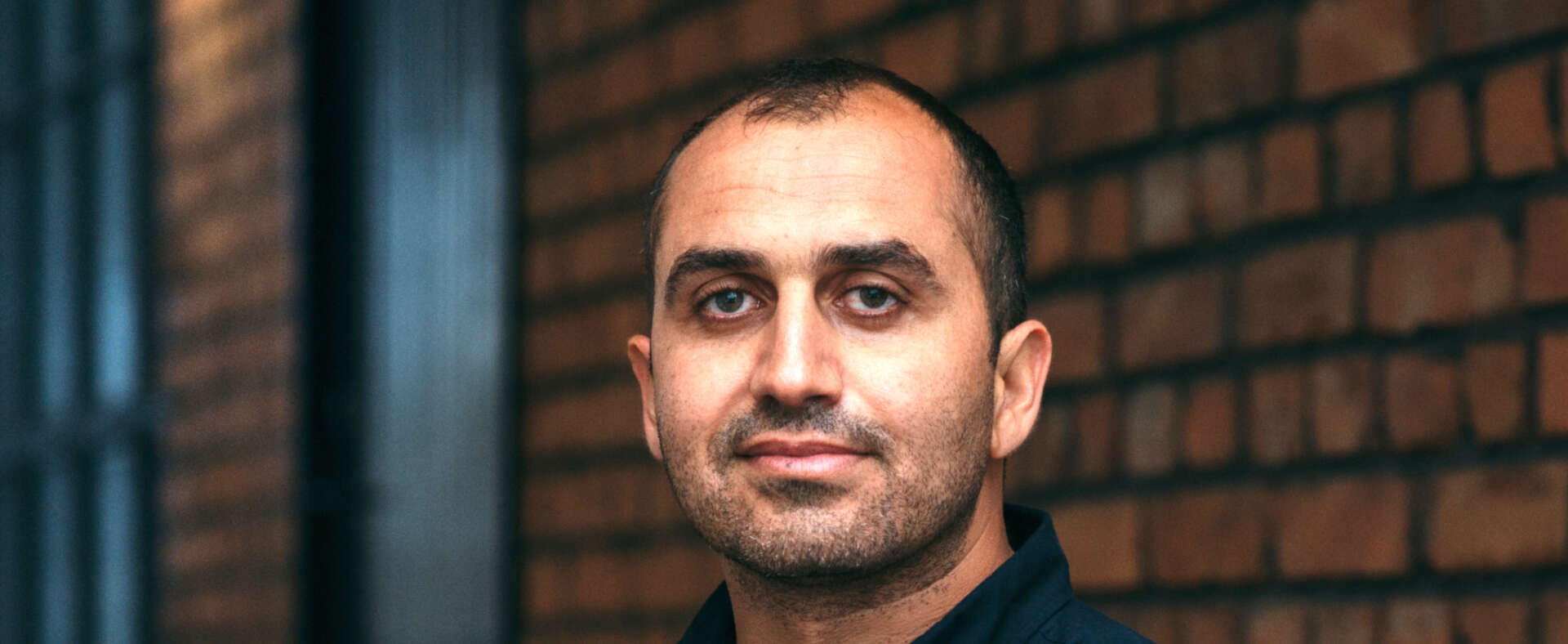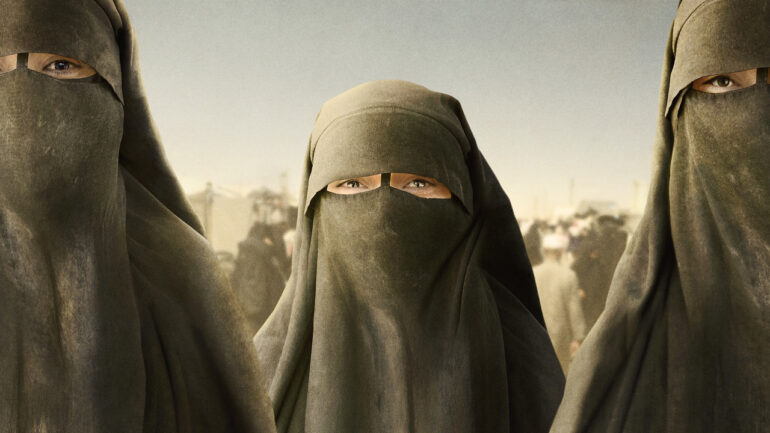
As the Swedish documentary is about to launch domestically mid-November, Hogir Hirori provides proof of consent from key participants in his film to close a controversy.
In a statement published October 14, Swedish filmmaker of Kurdish origin Higor Hirori, recipient of a Sundance Best Director award - from the World Cinema Documentary section for his film Sabaya, says he just came back from a trip to Iraq where he met again with key participants in his film.
Sabaya portrays the rescue from a group of local heroes of Yazidi women and girls, abducted by ISIS for exploitation as sex slaves, and kept by ISIS fighters at the al-Hol Camp in north-west Syria.
Hirori’s trip back to Iraq, was motivated by a controversy which followed an article from the New-York Times published September 26, (see article here) stating that a handful of Yazidi women hadn’t agreed to appearing in the film. The claim was immediately rejected by Hirori and producer Antonio Russo Merenda who said they had “received written, verbal or filmed consent” from everyone who appears in the film, as well as from the legal guardian of a young girl featured in the film.
Still, as a result of the controversy which spiralled in the media around the film’s US release late July, both the International Documentary Association (IDA) and Human Rights Watch Festival programmers decided to distance themselves from the film by cancelling planned or anticipated screenings.
To lift all further concerns about informed consent, and to stop once and for all what he calls “the nightmarish’ claim that he had in any way "victimised the victims of ISIS madness", Hirori travelled back to Iraq and brought back statements from seven participants in the film (SEE STATEMENT CLICK HERE).
“After a week spent seeking them out, meeting with them, re-watching Sabaya with them together with their families and dear ones, the result of the survivors' decisions is now collected in the statements. There is no question about any of the participants at this point, after more that 26 months from the beginning of my recordings for the film. Their consent in participating in Sabaya is unequivocally stated, ultimately clarifying, and exempting me and my team from any ill faith,” claims Hirori.
Beyond the controversy and The New York Times allegations which according to Hirori “may be subject to further discussion”, the director underlines in his statement, the key issue of ‘Informed Consent’ in documentary filmmaking. He also cites the essential global Murad Code of conduct for filmmakers, working with survivors of sexual violence in conflict.
"We will continue sharing Sabaya with audiences worldwide with great pride and above all, do our best to constantly improve our practices as filmmakers,” concludes Hirori, who also collected multiple awards for The Deminer.
Speaking to www.nordicfilmandtvnes.com about the controversy, Ginestra Film’s Antonio Russo Merenda said he and Hirori “had to respond to the criticism which does not correspond to the truth at all.” “When your integrity, as filmmakers but also as human beings, is deeply violated there is no alternative, you just need to fight back with all the strength you can gather and no matter how big your opponent is.“
Reiterating his and Hiori’s initial motivation for making the film, the producer added: “Sabaya is shining a light on a very disturbing subject that hasn’t received much attention outside the Middle East. What we are trying to do with our film is to bring a localised struggle to the attention of a worldwide audience to raise as much awareness as possible. That’s why we are so happy that this very unfortunate incident hasn’t affected our film,” stated Merenda, who mentioned that the film will play in the coming weeks at eight international film festivals, and will be released theatrically in several countries. “I also sincerely expect that this controversy, which took place mainly in the US, will not diminish our film’s chances for the Academy Awards campaign,” he added.
The film is due to open in Swedish cinemas November 19 through Folkets Bio, following its Swedish premiere at the Stockholm International Film Festival, as opener of the Documentary Competition section. It will air on SVT, Yle and Norway’s VGTV early 2022.
The film was produced by Hirori’s Lolav Media with Ginestra Film, in co-production with SVT, in association with Yle, VGTV, support from Nordisk Film & TV Fond, the Swedish Film Institute and Film Stockholm/Filmbasen. Dogwoof handles world sales.
Read our interview with Hogir Hirori: CLICK HERE.
